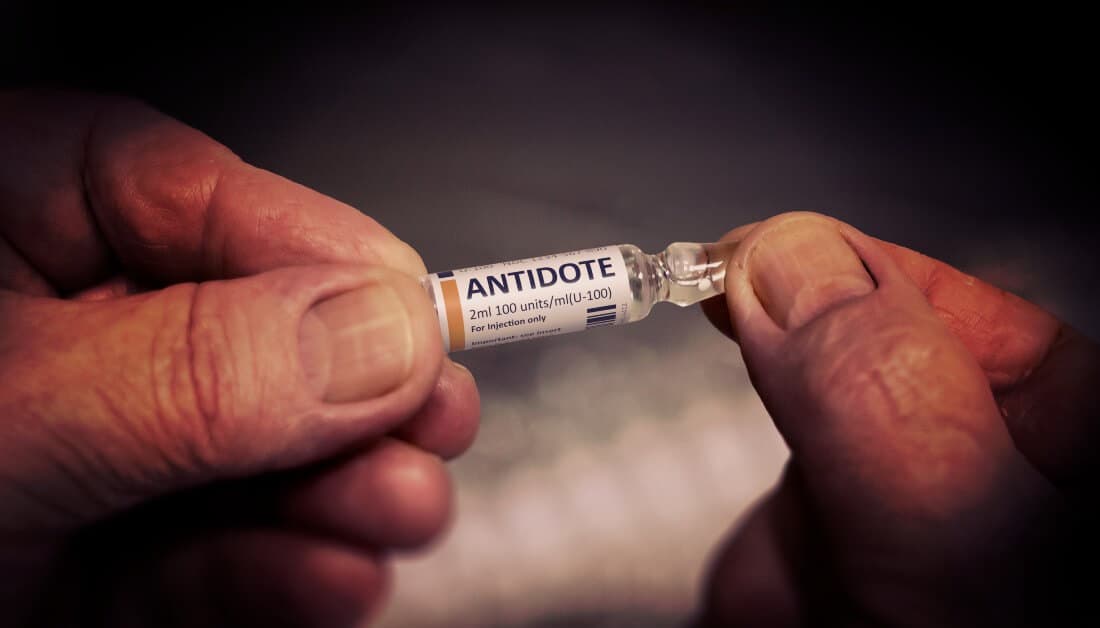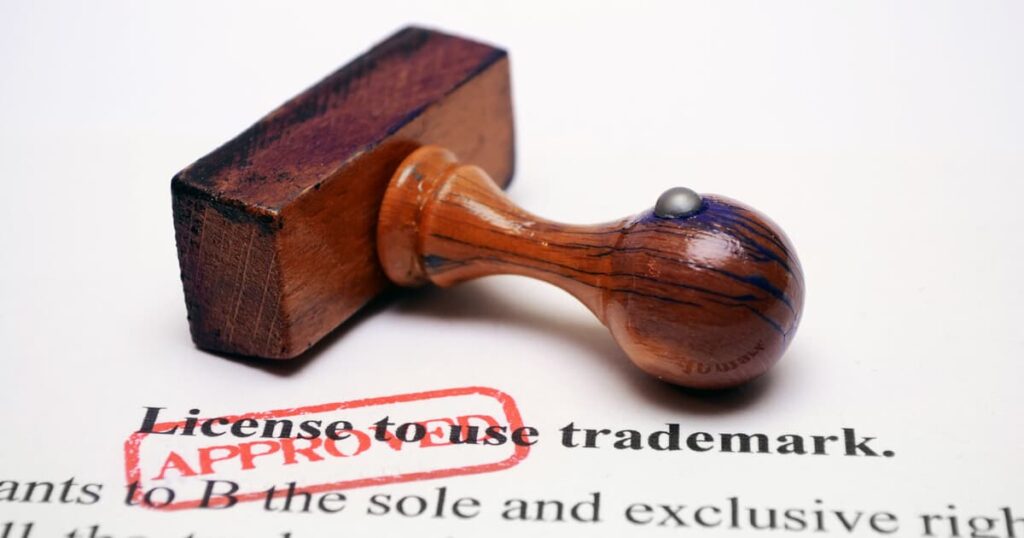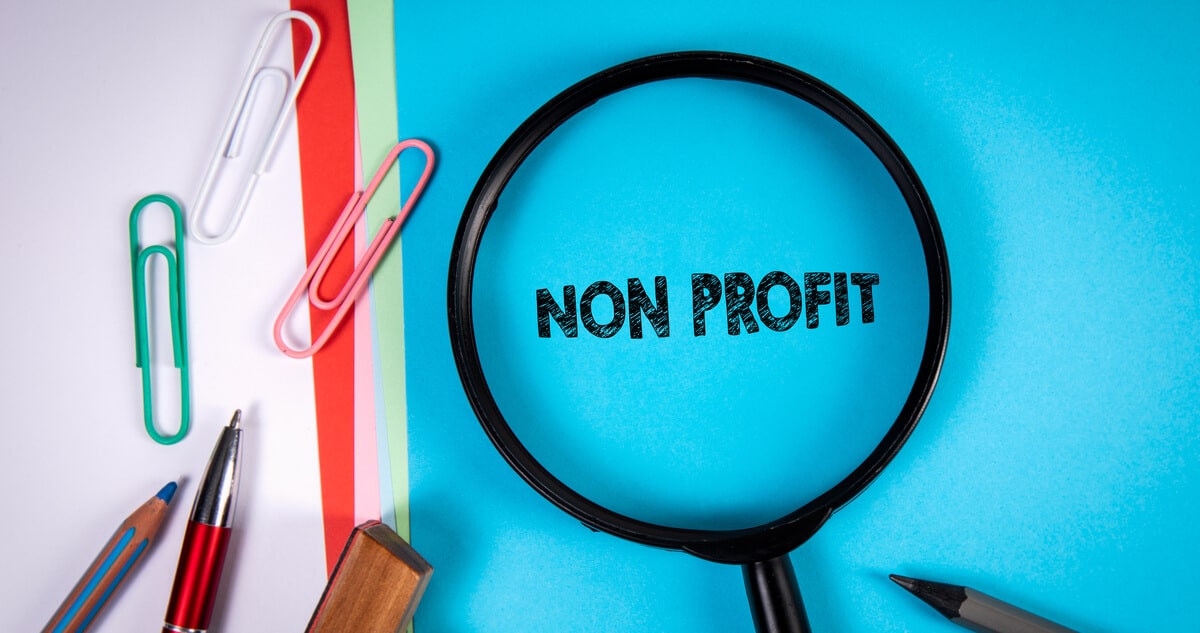TYSONS OFFICE
Copyright Statutory Damages & the Antidote for Infringement

The No. 1 way to protect your intellectual property and collect copyright statutory damages is to register your work with U.S. Copyright Office as early as possible.
Although registration is not required to protect your creative work (including books, music, video, artwork, software, and websites — both published and unpublished), registration is essential to defend your intellectual property from copyright infringement — whether you’re a for-profit company or are considering a nonprofit trademark.
Unfortunately, the permissive nature of registration can be deceptive, leading many creators to circumvent registration. This leaves them vulnerable to infringers, making it challenging to recover copyright statutory damages when infringement occurs.
Don’t wait to register your copyright until it’s too late. Here are four reasons copyright registration is essential to safeguard your intellectual property.
1. Registration is Mandatory to File a Lawsuit.
If someone steals your intellectual property, your work must be registered before you can file a lawsuit. This makes it impossible to recover copyright statutory damages for infringement of an unregistered work.
Many creators make the mistake of waiting until copyright infringement occurs before registering their works. However, copyright applications can take months for the Copyright Office to process.
For an additional fee, you may request expedited service, but this can be costly if multiple works are infringed. Therefore, if you fail to register your work in advance, you’ll either have to pay more money or sit idly by for months while an infringer uses your work unlawfully.
2. Registration is Mandatory to Recover Copyright Statutory Damages.
If your works are not registered before infringement occurs, you could lose the ability to recover monetary damages. That’s why it’s essential to register your work with the Copyright Office before a violation occurs or within three months after your work is published. When you register your work, you’re setting yourself up to recover statutory damages for copyright infringement — and attorney’s fees from the infringer. Copyright statutory damages and attorneys’ fees are precluded if your work is not registered until after infringement occurs.
Statutory damages are monetary awards a court may grant, even if the copyright owner was not financially harmed or the infringer did not profit. Unfortunately, actual damages (i.e., the owner’s loss of profits or the infringer’s profits) are challenging to prove. But a court may award statutory damages for copyright infringement from $200 (for unknowing infringement) to $150,000+ (for willful infringement) per work infringed.
Recovering copyright statutory damages and your attorneys’ fees — by registering your work early — is the difference between coming out of a lawsuit in the black or the red. A lawsuit can cost thousands of times the cost of a copyright application. It’s therefore beneficial to file your copyright application as early as possible for any creative works you’d like to protect.

3. Registration Grants a Legal Presumption of Validity.
Once the Copyright Office issues a copyright registration, your work is granted the presumption of being a validly copyrighted work — provided you register your work within five years of its first publication. This presumption is vital in litigation. Without it, you have the burden of proving your copyright is valid and that you in fact own your intellectual property.
4. The Scare Tactics of Copyright Protection
Registration carries a valuable scare tactic against infringers. If you need to send an infringer a cease and desist letter, including a copy of your registration certificate will pack a punch. When an infringer recognizes you’re serious about protecting your work, they are much more likely to cease.
Copyright Protection for Organizations
For businesses and nonprofits, you don’t need to register everything your organization creates (e.g., promotional brochures and advertisements). However, we strongly recommend registering all work you do not want another party to copy (e.g., websites, publications, software, videos).
Organizations that rely on intellectual property to sustain their operations (e.g., media and entertainment companies, educational organizations, and nonprofits engaged in information dissemination) should take special care to register works as early as possible and to distinguish its work with the™ or ® mark. (Learn more by exploring how and when to use the TM vs. R symbol.)
Registering your work early is the antidote for infringement. If you have any questions, contact our intellectual property attorneys who will guide you through the registration process and protect you from widespread trademark scams.
For more information on defending your brand, explore our other blogs to learn about AI copyright and domain name trademark infringement.
This memo is provided for general information purposes only and is not a substitute for legal advice. The transmission of this memo does not create an attorney/client relationship. No recipients of this memo should act or refrain from acting on the basis of this memo without seeking professional legal counsel. Gammon & Grange, P.C. expressly disclaims all liability relating to actions taken or not taken based on the content of this memo.




